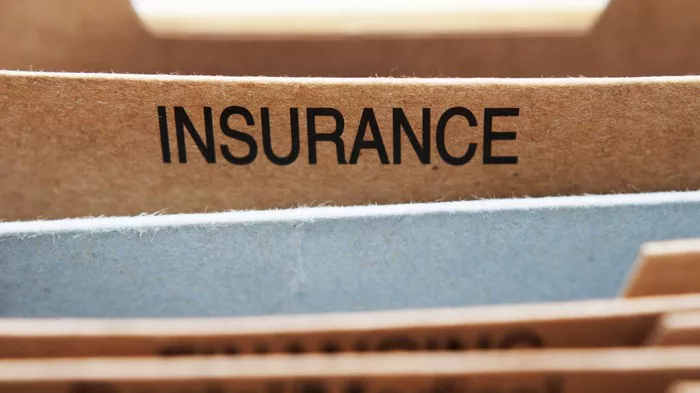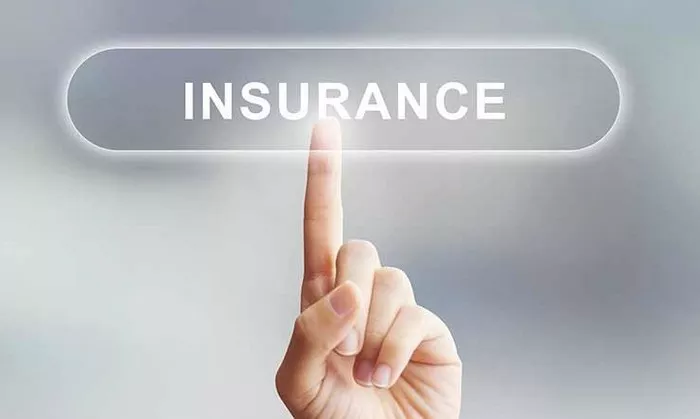The U.S. Justice Department is considering a “no-prosecution” agreement that would spare Boeing from a criminal trial over two deadly 737 Max 8 crashes. Under the proposal, Boeing would pay an extra $444.5 million to be split among victim families. In return, the government would drop fraud charges related to the 2018 and 2019 disasters that killed 346 people. Boeing would also pay the maximum legal fine, fund compliance upgrades, and hire an independent consultant. The trial was set to begin on June 23, but Boeing has not yet decided whether to accept the deal.
Outrage from Victims’ Families
Many families say the deal is a “sweetheart” arrangement that lets Boeing off the hook. Dr. Javier de Luis, a retired MIT aerospace engineer whose sister died in one crash, warned it sends a message that companies can treat deaths as a cost of doing business. Ike Riffel, who lost two sons in the 2019 Ethiopian Airlines crash, said families have “run out of options” to learn who at Boeing knew about the plane’s flaws. They want a public trial to expose the responsible executives.
Concerns Over Lack of Oversight
Victims’ attorneys argue that a non-prosecution agreement lacks judicial oversight. Tracy Brammeier of Clifford Law noted that, unlike a deferred prosecution, it does not require Boeing to answer to a judge over time. Matthew Yelovich, a former federal prosecutor, agreed that an open trial would allow the public to see evidence and testimony that a private deal would hide.
Boeing’s High Stakes
Avoiding a criminal conviction would protect Boeing’s ability to win government contracts and secure loans. The Pentagon remains Boeing’s largest customer, and the company recently won a $96 billion order from Qatar Airways. Boeing declined to comment on the Justice Department’s proposal.
Calls for Stronger Safety Measures
Victims insist that financial penalties alone are not enough. They propose that Boeing fund independent safety monitors on factory floors for at least five years. They argue the FAA cannot fully oversee production safety. “Boeing is too big to fail—but also too big to make unsafe planes,” said Javier de Luis. Families hope a trial or tougher terms will force Boeing to restore its reputation for engineering and safety.

































